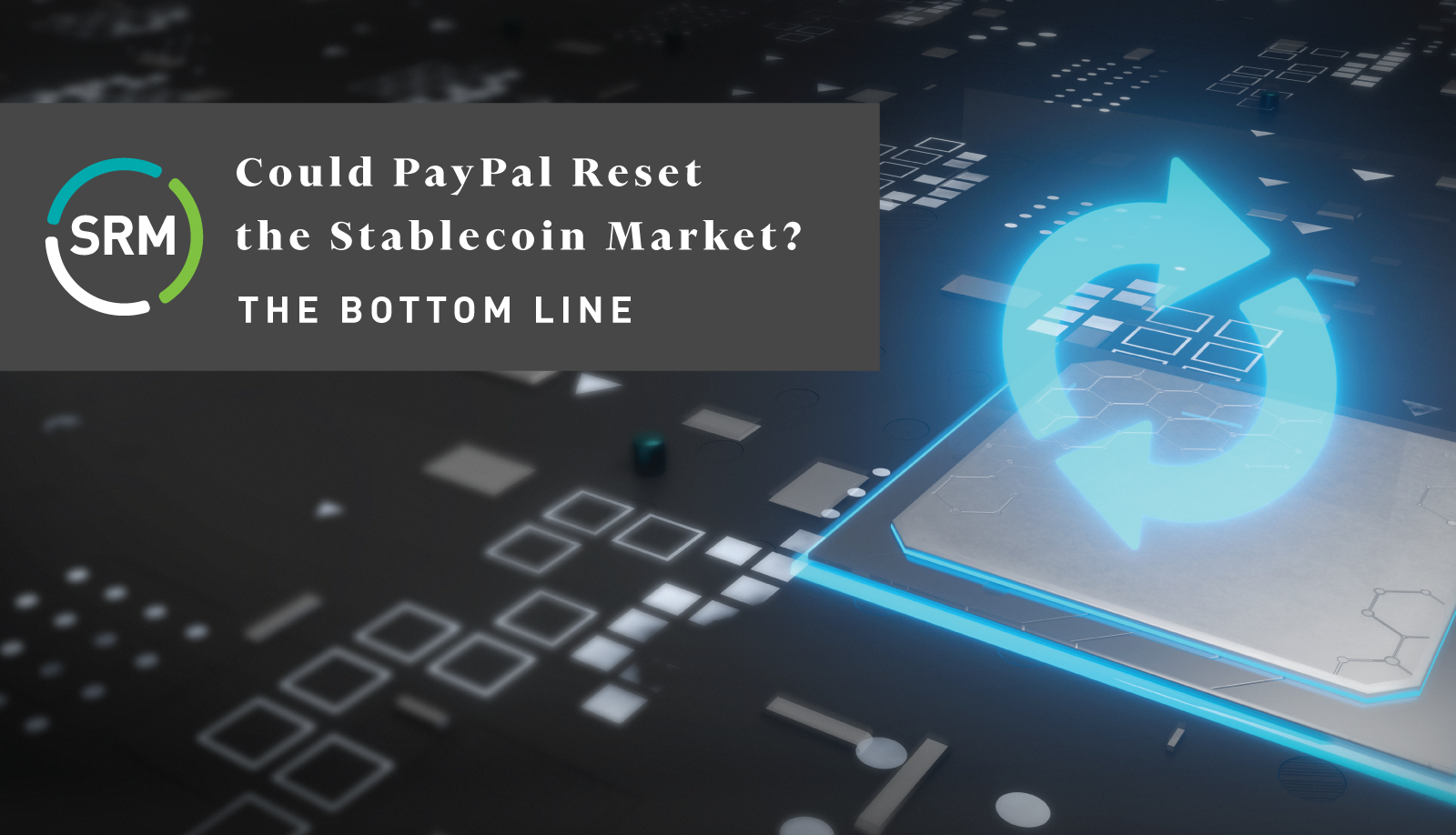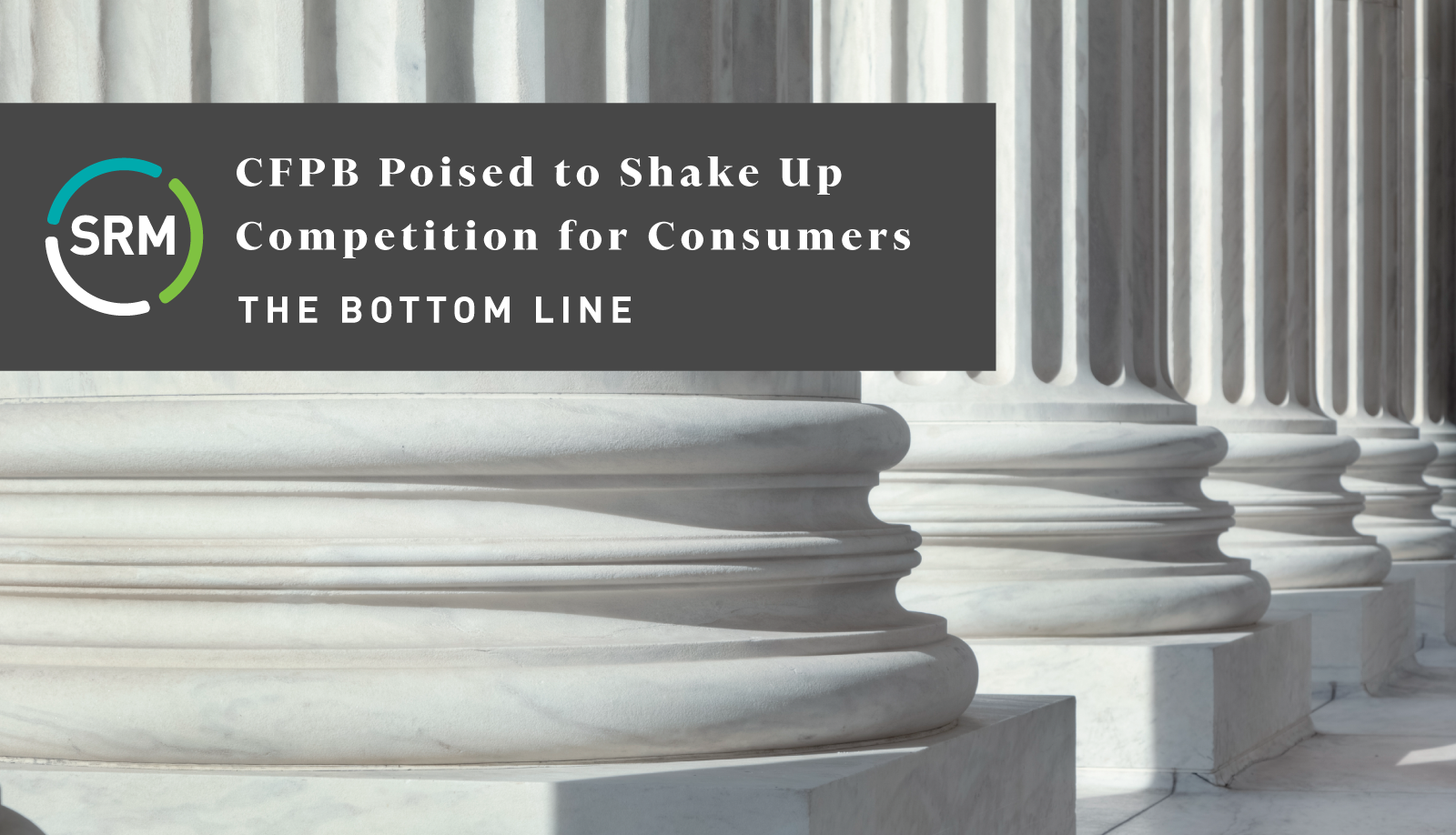
Given recent headlines, stablecoin supporters may disagree with the saying, “there’s no such thing as bad publicity.”
TerraUSA, an algorithmic stablecoin, imploded in May. This hurt the valuation of numerous cryptocurrencies and cast doubt on Tether’s ability to sustain its own $1 peg. Thus far, Tether has defied the skeptics.
Amid this tense environment, it’s interesting to revisit the January headlines speculating that PayPal was mulling introducing a stablecoin. According to company officials, the rumor was based on source code embedded in PayPal’s iPhone app, which was inadvertently left behind after an internal hackathon.
It’s difficult to envision PayPal taking on this challenge soon. Meta’s ill-fated stablecoin foray via Diem/Libra illustrates the hurdles facing such an endeavor, especially one undertaken by a tech giant.
At the same time, it’s important to speculate on how such an offering might impact the broader market over the long term. After starting its life as the first true digital financial services disruptor, PayPal could, ironically, find itself cast as an enabler of traditional market stability due to recent crypto market turmoil.
![SRM-Sept2022-BlogImage_Updated[6]](https://blog.srmcorp.com/hs-fs/hubfs/SRM-Sept2022-BlogImage_Updated%5B6%5D.jpg?width=1600&name=SRM-Sept2022-BlogImage_Updated%5B6%5D.jpg)
![Treasury-Response-Blog-Image[86]](https://blog.srmcorp.com/hs-fs/hubfs/Treasury-Response-Blog-Image%5B86%5D.jpg?width=1600&name=Treasury-Response-Blog-Image%5B86%5D.jpg)
![OCC-Order-Blog-Image[52]](https://blog.srmcorp.com/hs-fs/hubfs/OCC-Order-Blog-Image%5B52%5D.png?width=1600&name=OCC-Order-Blog-Image%5B52%5D.png)
![30-Year-Anniversary-Blog-Image[5]](https://blog.srmcorp.com/hs-fs/hubfs/30-Year-Anniversary-Blog-Image%5B5%5D.png?width=1600&name=30-Year-Anniversary-Blog-Image%5B5%5D.png)

![Inflation-Blog-Image[10]](https://blog.srmcorp.com/hs-fs/hubfs/Inflation-Blog-Image%5B10%5D.png?width=1600&name=Inflation-Blog-Image%5B10%5D.png)

![BNPL-2-Blog-Image[28]](https://blog.srmcorp.com/hs-fs/hubfs/BNPL-2-Blog-Image%5B28%5D.png?width=829&name=BNPL-2-Blog-Image%5B28%5D.png)

![Recruitment_Blog_Image[27]](https://blog.srmcorp.com/hs-fs/hubfs/Recruitment_Blog_Image%5B27%5D.jpg?width=932&name=Recruitment_Blog_Image%5B27%5D.jpg)


